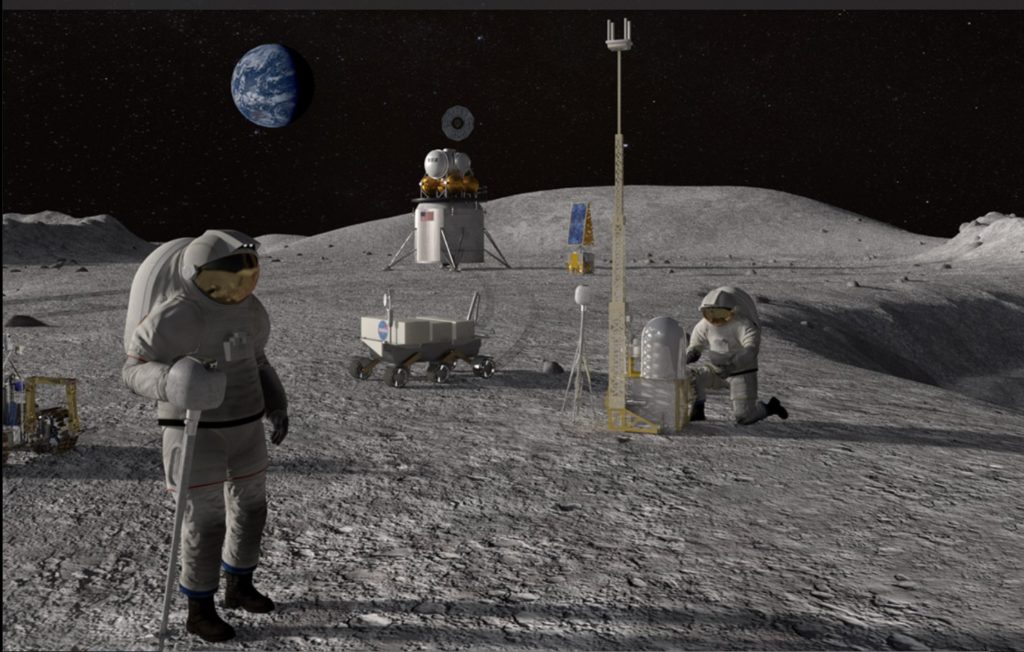- Home
- Classes
- Physics 150 – Nuclear Weapons – Physics, Policy, Proliferation – Fall 2025
- Physics 134 – Observational Astrophysics – Fall 2025
- Astro 1 Spring 2024
- INT 86TN Planetary Defense – Spring 2024
- Symmetry & Aesthetics in Contemporary Physics
- Physics 128 – Senior Lab – Winter 2026
- INT 184 – PL Interdisciplinary Honors Seminar – Weapons of Mass Destruction – Spring 2013
- Physics 150 – Modern Design and Fab – Fall 2019
- Physics 4 – Winter 2023
- Physics 141 – Optics – Spring 2019
- Physics 145L – Astrophysics Research
- Physics 199 – Independent Research
- Projects
- Interdisciplinary Center for Interstellar Exploration (iC)
- NASA Watts on the Moon
- Extrasolar Travelers
- CMB-S4 – Ground Based CMB Cosmology Program
- Wafer Scale Spacecraft
- PI-Multimodal Planetary Defense
- Digitized CNEOS Light Curves
- 20m diameter
- 30m diameter
- 35m diameter
- 40m diameter
- 50m diameter
- 60m diameter
- 70m diameter
- 80m diameter
- 90m diameter
- 100m diameter
- 200m diameter
- 350m diameter (Apophis)
- 500m diameter (Bennu)
- 800m diameter (PDC 2023)
- 1km diameter
- 2023 NT1
- Hypervelocity Penetrator Simulations
- Lunar Rover Project
- DE-STAR
- Starlight
- GreenPol – CMB Cosmology
- PLANCK
- Starshot
- SETI
- Small Projects
- Previous Projects
- Facilities
- People
- Net
- Outreach
- Media Links
- NASA Space Grant Student Scholarships
- Bright Stars – VoH
- ARC – Undergraduate Aerospace Research Coop
- POINT – Undergraduate Physics Organization for Innovation and Technology
- All Sky Camera Project
- Education and Public Outreach
- Gaucho Rocket Project
- Undergrad Research Opportunities
- The Space Race
- Misc
- Papers
Educator Resources
Honors Astronomy, Winter/Spring 2020 at Santa Barbara City College
Professor Jatila van der Veen
Wednesdays, 08:15 – 09:20
This is a research seminar in current topics in astrophysics and space science. Here you get to think about problems that people at NASA and other agencies are working on for the future of space exploration, for which answers are not yet known The topic for this year is …
Human Colonization of the Moon

Here you can follow the course week by week by downloading the lecture slides. Students and educators are welcome to use these as resources for classes and research projects. Sources are cited on each slide.
- Introduction
- History of lunar exploration
- Getting to the Moon and Surviving
- Providing power for lunar operations
- Finding Ice on the Moon
The following two sound files go with the fifth lecture.
- A pure A 1t 440 Hz (p. 7)
- If you could “hear” the visible spectrum of hydrogen, this is what it might sound like, if the frequencies of vibration were slowed a trillion times (p.10).
- If you could “hear” just the H-alpha (656 nm) line, this is what it might sound like, if the frequency of vibration were slowed a trillion times (p.12).
- A pure A 1t 440 Hz (p. 7)
- What might a lunar colony look like?
- Ethics of developing a human settlement on the Moon – Guest speader, Professor Michael Walthemathe, University of Bochum, Germany
- Politics of developing a human settlement on the Moon
After a few weeks of time to collaborate in groups, the students gave lectures of their own, going into greater detail on the topics discussed in the first 8 weeks of the course. With their permission, their slides will be posted here.